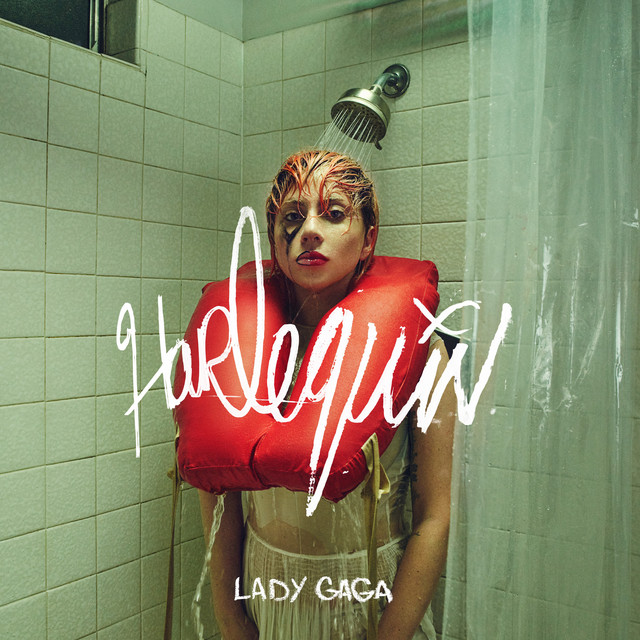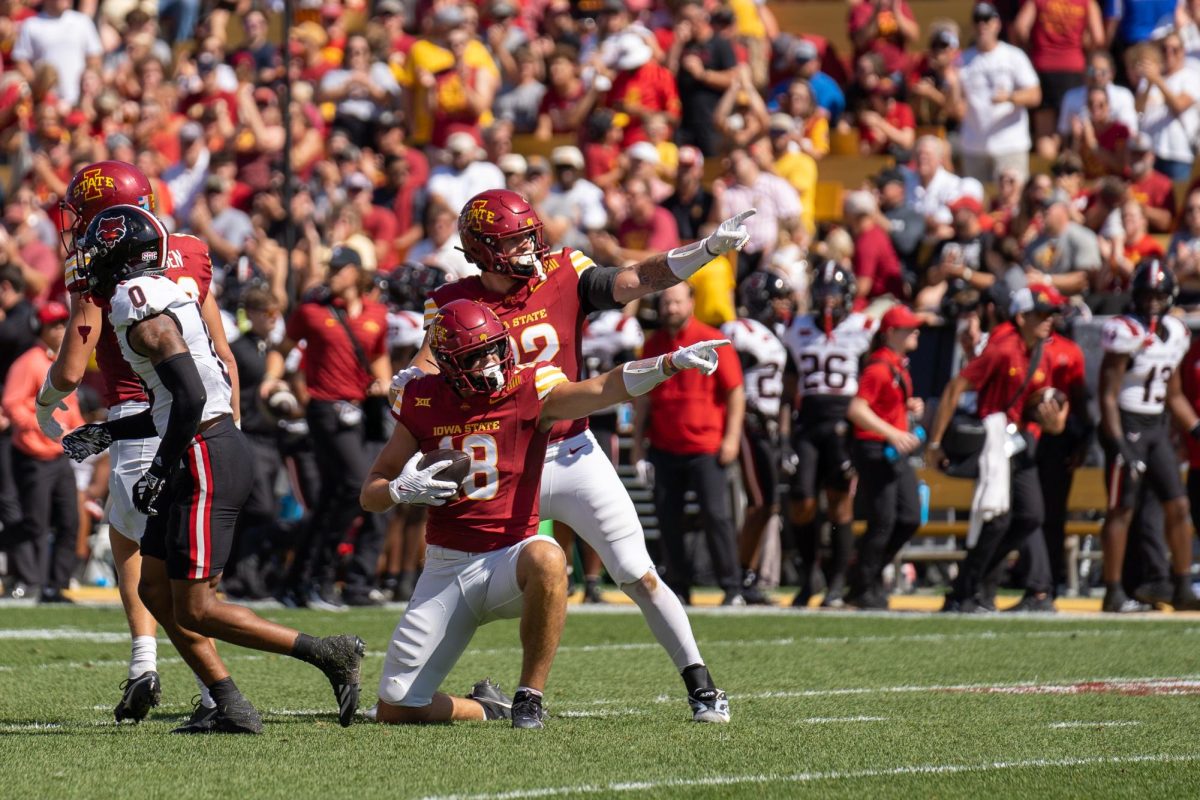Author: Faith, ecology go hand-in-hand
September 30, 1998
Comparing passages from the Bible to Rachel Carson’s “Silent Spring,” Sister Anne M. Clifford argued that Christianity is more of a friend than an enemy to the environment.
In a speech Monday night in the Sun Room of the Memorial Union, “Christianity and Ecology: Allies or Foes?,” Clifford refuted a 1967 Science Journal article by Lynn White Jr., repeatedly cited in environmental literature. Clifford said White “blatantly attacks Christianity as a foe.”
Clifford is the author of several articles on science and religion. She received the 1995 Presidential Award from Duquesne University for excellence in teaching.
Though Clifford said she believed humans were the primary cause of the ecological crisis, Christianity was not at fault.
“How could we possibly want to mindlessly destroy something that reveals God to us?” she questioned.
Clifford said White believed the Christian doctrine to be overly concerned with man.
White used the creation story in Genesis, stating that man was superior to nature and, according to the Bible, had dominion over and the ability to subdue the earth.
In different contexts from the Bible where the Hebrew word for subdue appears, Clifford said subdue was “connected with transforming the land where God can be worshipped openly, not squashed down.”
“It cannot be equated as a license to exploit or reclaim a divine gift,” Clifford said.
The Hebrew word for dominion also appeared in the story of Noah and the ark. In this case, she said, dominion was exercised by God’s people to save the animals.
Though Clifford said religion was not a foe, it was more difficult to prove it an ally, especially in today’s society of consumerism.
Sermons are not given on creation, she said. Theology in the 20th century is concerned with the salvation of the earth, while nature has been handed over to scientists, Clifford said.
“Do we answer the call to examine the sacredness of earth or do we disregard it because of our patterns of consumption?” she asked.
She also said society equates consumerism with progress, and that people are worried only about recycling and pollution.
“The country can be morally corrupt and going to hell in a hand basket, but if the [gross national product] is OK, we’re fine,” Clifford said.
Jason Becker, sophomore in marketing, said that although he felt bad about environmental problems, changing his lifestyle as a college student was difficult.
“It’s hard to live in accordance with all these rules,” Becker said.
Clifford responded, “Can you make one little step?”
Becker shrugged his shoulders and replied, “Yes.”
The Catholic Student Center and St. Thomas Aquinas Church sponsored the lecture with assistance from the ISU Committee on Lectures.






